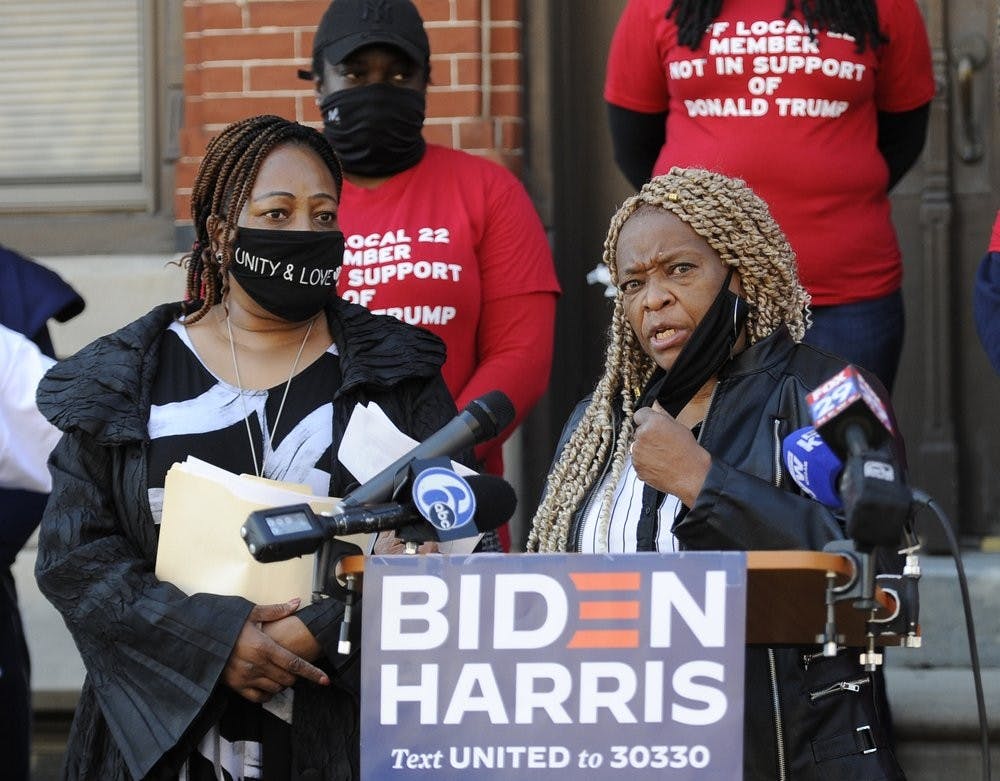Editor’s Note: This listicle is part of a weekly series by The Ball State Daily News summarizing five stories from around the world. All summaries are based on stories published by The Associated Press.
An Alaska tsunami warning came after an earthquake Monday, Black police officers are breaking from unions because of Donald Trump endorsements, a California panel of doctors will review any coronavirus vaccine before residents are able to receive it, an excavation for victims of the 1921 Tulsa race massacre continues and hospitals in the rural Midwest struggle to contain virus outbreaks.
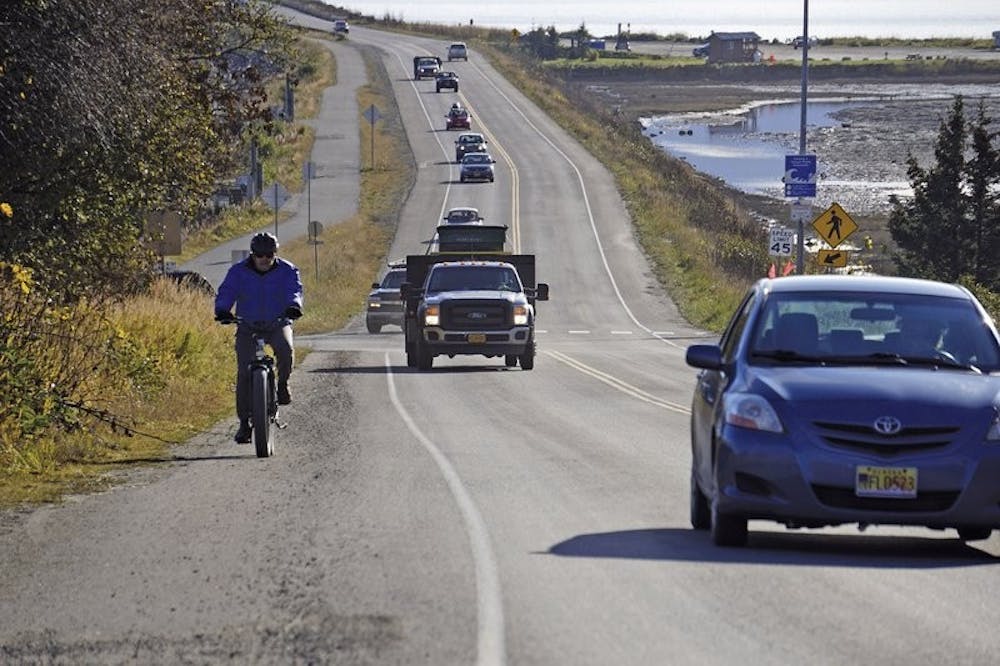
Large earthquake off Alaska prompts tsunami fears, fleeing
A magnitude 7.5 earthquake prompted a tsunami warning Monday for a nearly thousand-mile stretch of Alaska’s southern coast, with waves over 2 feet at the nearest community as the threat subsided. The quake was centered near Sand Point, a city of about 900 people off the Alaska Peninsula where wave levels late Monday topped 2 feet (0.61 meters), according to the National Tsunami Warning Center. The warning — which was in effect for roughly 950 miles — was downgraded to an advisory just over two hours after the quake hit, and was lifted Monday night.
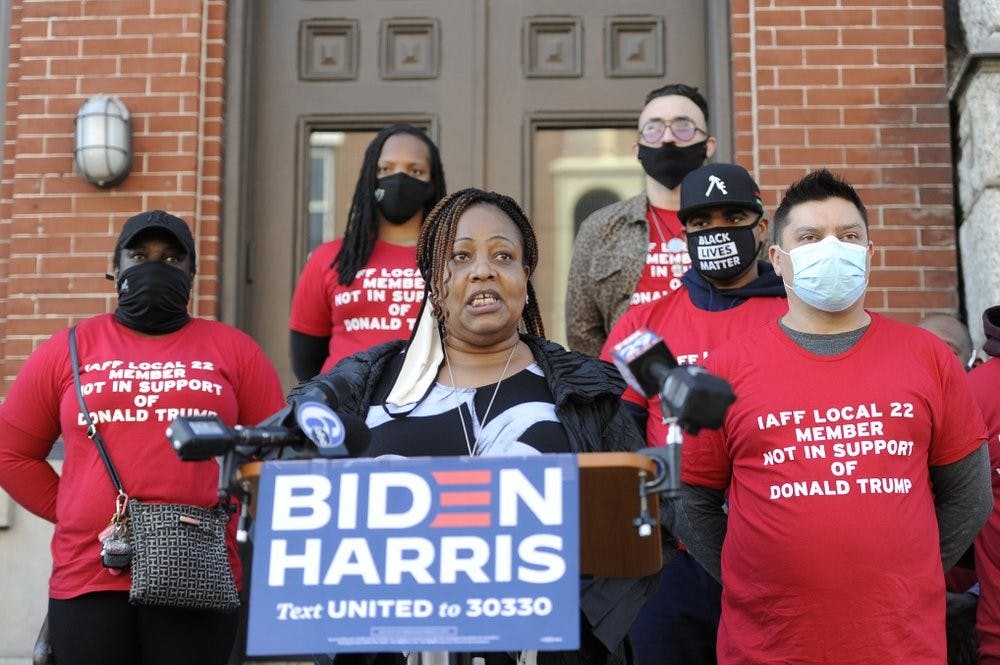
Black officers break from unions over Trump endorsements
Police unions nationwide have largely supported President Donald Trump’s reelection, amid mass demonstrations over police brutality and accusations of systemic racism — but a number of Black law enforcement officers are speaking out against these endorsements, saying their concerns over entering the 2020 political fray were ignored. The number of minority officers in policing has more than doubled in the last three decades, but many departments still have a smaller percentage of Black and Hispanic officers compared to the percentage of the general population those communities make up.
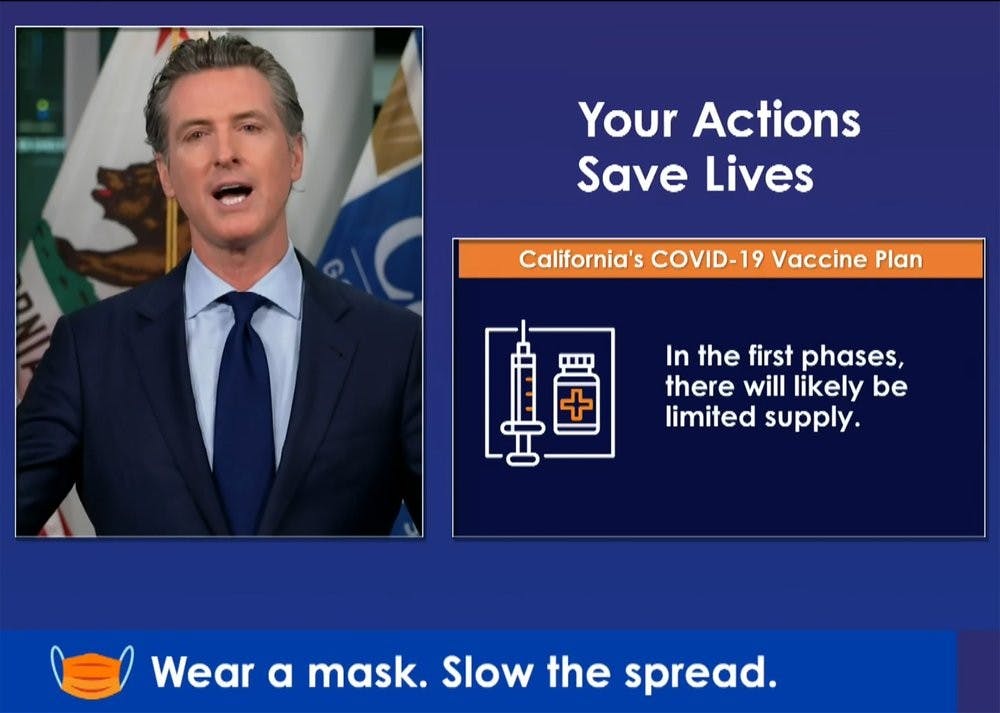
California won't allow virus vaccines without state approval
California won’t allow any distribution of coronavirus vaccines in the nation’s most populous state until it is reviewed by the state’s own panel of experts, Gov. Gavin Newsom said Monday. Vaccinations for the pandemic “will move at the speed of trust,” said Newsom, a Democrat, and the state wants its own independent review no matter who wins the presidential election next month. He named 11 doctors and scientists who will review any rollout of vaccines by the federal government or vaccine developers. The governor said widespread vaccinations are unrealistic until sometime next year.
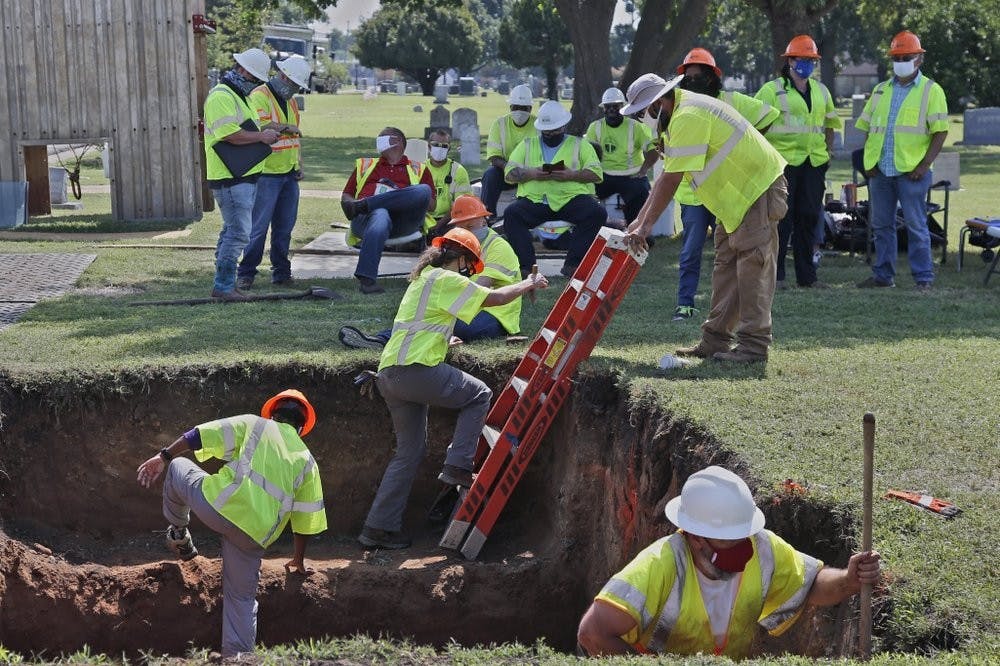
Tulsa resumes excavation for victims of 1921 race massacre
Excavation work began Monday at two locations in a Tulsa cemetery for victims of a race massacre nearly 100 years ago that left hundreds dead and decimated an area that was once a cultural and economic mecca for African Americans. Researchers took a core soil sample at one location to give them a better idea of what lies beneath the soil, said Oklahoma State Archeologist Kary Stackelbeck. Both areas of interests are in Oaklawn Cemetery in north Tulsa, where a search for remains of victims ended without success in July, and near the Greenwood District where the massacre happened.
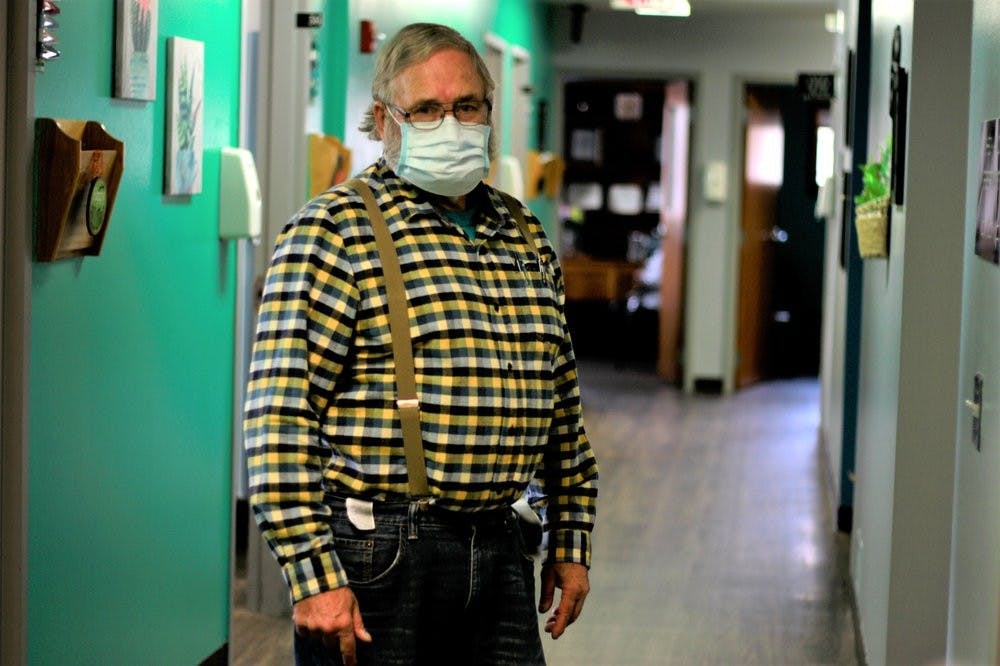
Rural Midwest hospitals struggling to handle virus surge
Rural Jerauld County in South Dakota didn’t see a single case of the coronavirus for more than two months stretching from June to August. But over the last two weeks, its rate of new cases per person soared to one of the highest in the nation. As the brunt of the virus has blown into the Upper Midwest and northern Plains, the severity of outbreaks in rural communities has come into focus. Doctors and health officials in small towns worry that infections may overwhelm communities with limited medical resources. And many say they are still running up against attitudes on wearing masks that have hardened along political lines and a false notion that rural areas are immune to widespread infections.

